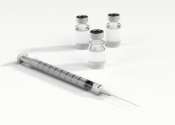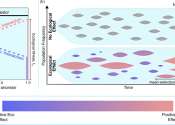Vaccines tell a success story that Robert F. Kennedy Jr. and Trump forget—here are some key reminders
Vaccinations have provided significant protection for the public against infectious diseases. However, there was a modest decrease in support in 2023 nationwide for vaccine requirements for children to attend public schools.
9 hours ago
0
0









